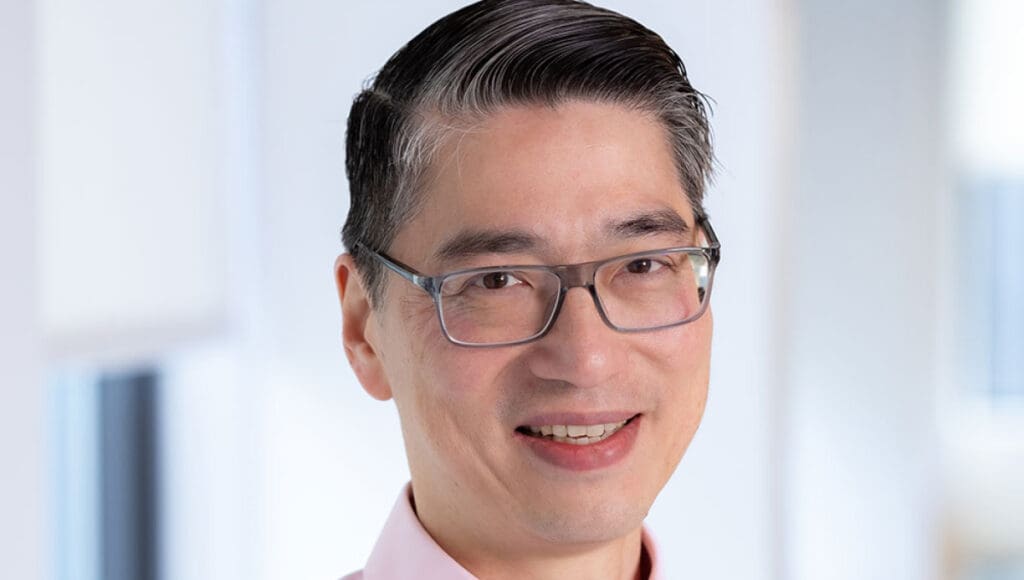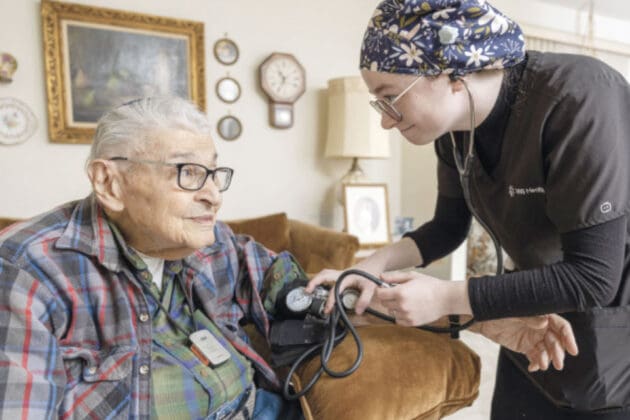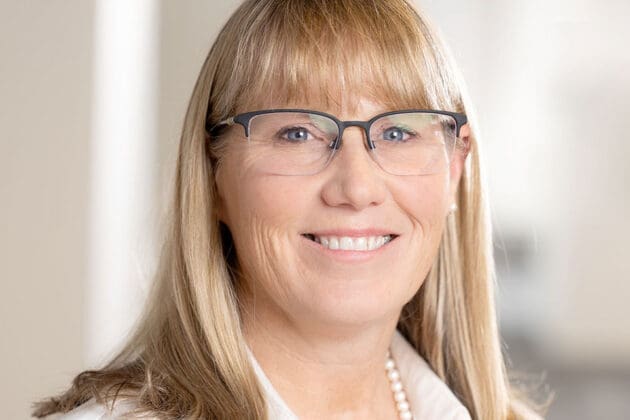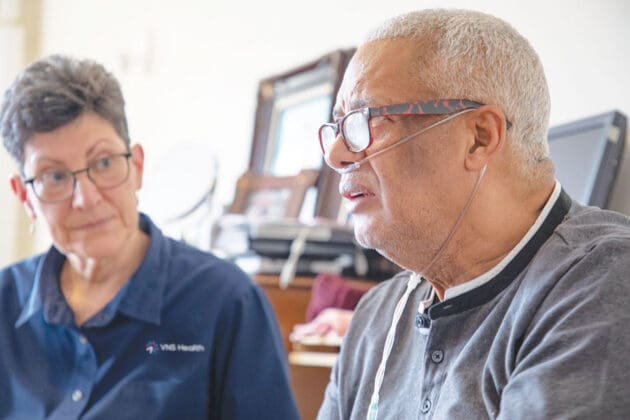
An interview with Tim Peng, Executive Vice President, Science and Technology, who oversees VNS Health’s IT and Business Analytics and Intelligence operations as well as its Center for Home Care Policy & Research
Predictive analytics plays a key role in how VNS Health cares for its patients and plan members. Can you explain how this works?
The aim of VNS Health’s Data Analytics team is always to provide our frontline colleagues with the information they need to deliver the best possible care to patients and members, leading to better outcomes and preventing adverse events like rehospitalizations. This starts with gathering high-quality data in a form our data analysts can use. We then employ sophisticated mathematical models to analyze this data and develop models that can help identify which patients and members are at risk of an adverse event, or could benefit from increased monitoring or a focused intervention.
Do you get input from your clinical colleagues along the way?
All the time. We work very closely with our clinical teams as part of this process. We’re constantly asking them, “What information do you need in order to provide the right care at the right time?” and, “Does the information we’re supplying make sense to you?”
How are these models impacting patient and member care?
I’ll give a few examples. Our care management team currently uses analytics to identify which clients could benefit from targeted outreach by a nurse practitioner, as well as who may be in need of palliative care services. We’re also using predictive analytics with our health plan members to identify potential vulnerabilities. Let’s say they have a behavioral health condition like depression—we can determine what other conditions this puts them at risk for. Our clinicians then use this information to guide their interventions. And with our hospice patients, we can analyze their medical history to predict their risk for a crisis that might cause a family caregiver to have them admitted to the hospital—which is something we’re trying to avoid when caring for a hospice patient. A high risk score will alert our hospice team to design a plan of care for the patient and their family caregivers that mitigates the elevated risk of hospitalization.
Is this technology changing over time?
Yes—it’s evolving rapidly. Our predictive models themselves are continually improving, as they’re recalculated based on new information over time. In addition, here at VNS Health we’re now taking algorithms that have been used in one business line and applying them more broadly across the organization. We’re also looking at more advanced artificial intelligence models that are being developed—around speech recognition and documentation, for example. We’re approaching these newer technologies with caution, however. We want to make sure we’re comfortable with any new technology and understand its limits before we start using it in a clinical setting.
Does VNS Health utilize data analytics outside clinical care?
Absolutely. In addition to providing clinical decision support, our data analytics team is committed to making sure everyone working in areas that support patient and member care is playing at the top of their game—for example, that we’re employing the best logistics in getting services to folks who are potentially at risk, and also providing the information our customer care teams need to support patients and members who call in with questions.
You started out working for VNS Health’s Research Center 25 years ago. What have you learned during your VNS Health journey?
I’ve really come to appreciate what a collaborative organization this is. Everyone’s support for each other in service of our mission is very sincere. The other unique thing about VNS Health is that we’re willing to invest resources into whatever it takes to provide the best care for the communities we serve. The fact that our Data Analytics team exists is based on a belief by leadership that we can do an even better job of supporting our clinicians by leveraging advanced technology. That’s what makes VNS Health the special organization it is—we’re always in pursuit of the best possible outcomes for our patients and members.


